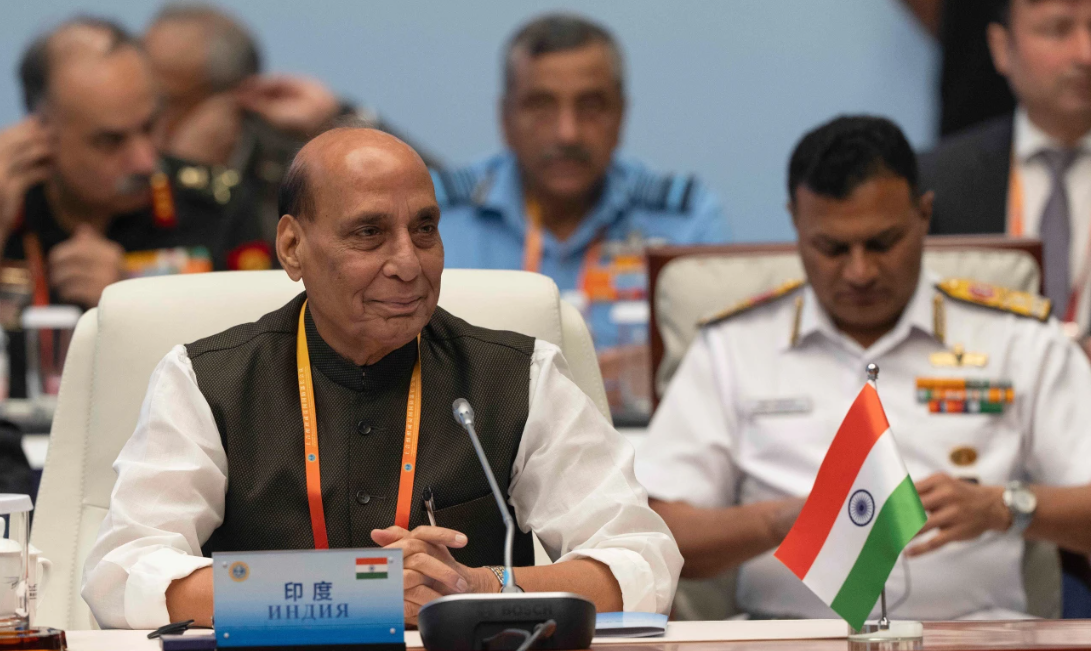India declined to endorse a joint statement at the Shanghai Cooperation Organization (SCO) gathering in Qingdao on Thursday, citing its failure to address the April terror attack on Indian tourists in Kashmir—a responsibility India attributes to Pakistan.
Defense Minister Rajnath Singh objected to the draft’s omission of the attack, which killed 26 individuals including Hindu tourists, stating it undermined India’s stance on terrorism and regional security. India insisted its concerns be included, but a “particular country” blocked the inclusion, prompting India to withhold its signature, according to spokesman Randhir Jaiswal.
The proposed statement referenced violence in Pakistan’s Balochistan while ignoring the Kashmir attack. Singh urged the SCO to explicitly condemn cross-border terrorism and hold its sponsors accountable, emphasizing that peace cannot coexist with terrorism or the spread of weapons of mass destruction.
This marks a setback for China’s efforts to position the SCO as a regional leadership vehicle. Although formed by China and Russia to challenge U.S. influence, the bloc’s unity remains fragile amid geopolitical rivalries. Russia, preoccupied with its war in Ukraine, has receded into the background.
The deadly Kashmir incident earlier prompted an intense military standoff between India and Pakistan; their forces exchanged fire until a U.S.-brokered ceasefire halted hostilities. India holds Pakistan responsible, while Islamabad denies the claims.
This SCO meeting brings together defense ministers from member nations including China, Russia, Pakistan, India, Kazakhstan, and others. Highlighting broader tensions, China’s Defense Minister Dong Jun criticized “unilateralism” and “bullying” by nations like the United States, reflecting rising geopolitical rivalries within the bloc.
The clash over the statement underscores deep-seated distrust between India and Pakistan and complicates China’s aim of asserting the SCO as a unified regional actor.
Also Read:
“India, Poland, and Hungary Send Astronauts on Privately Funded Mission to Space Station”













